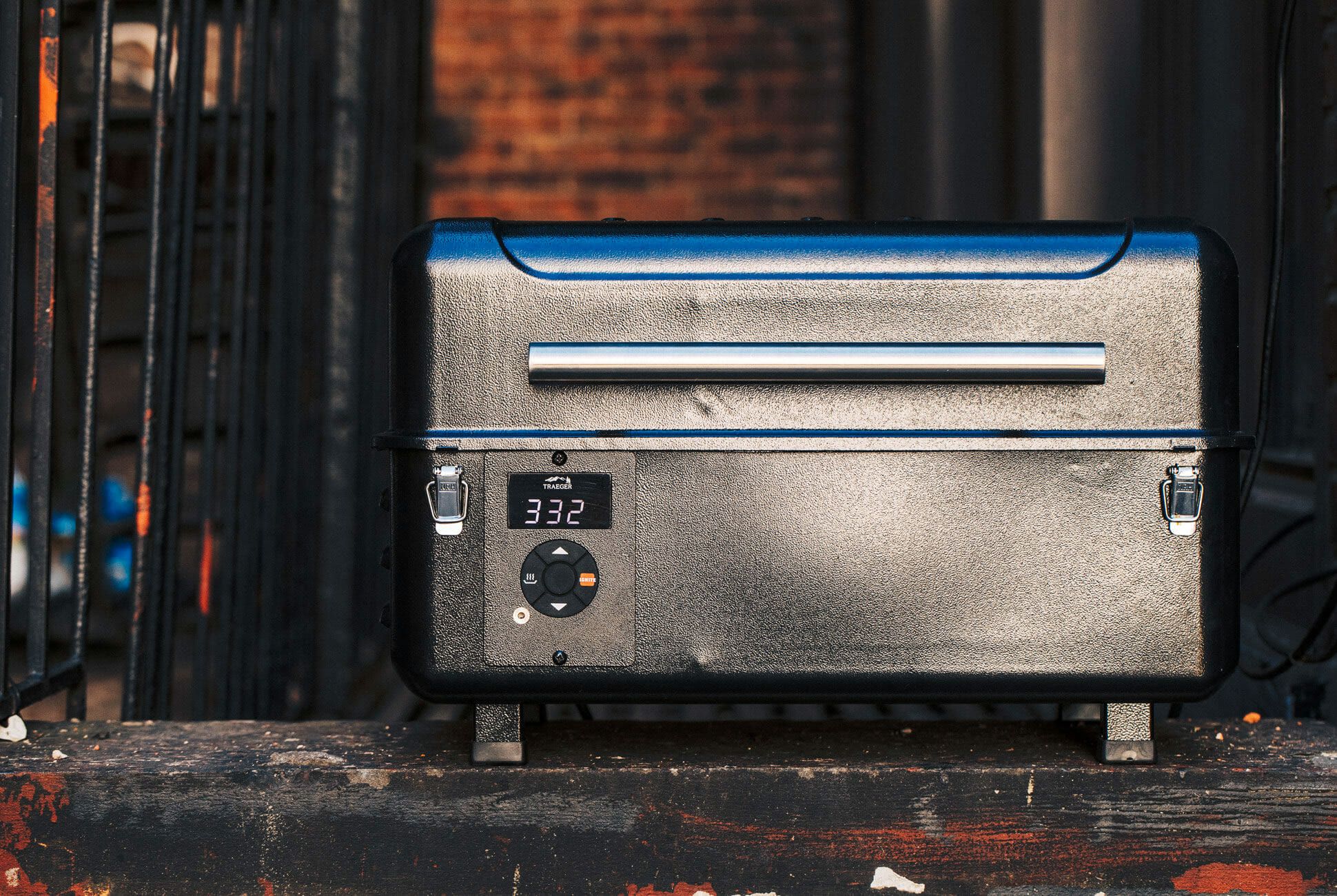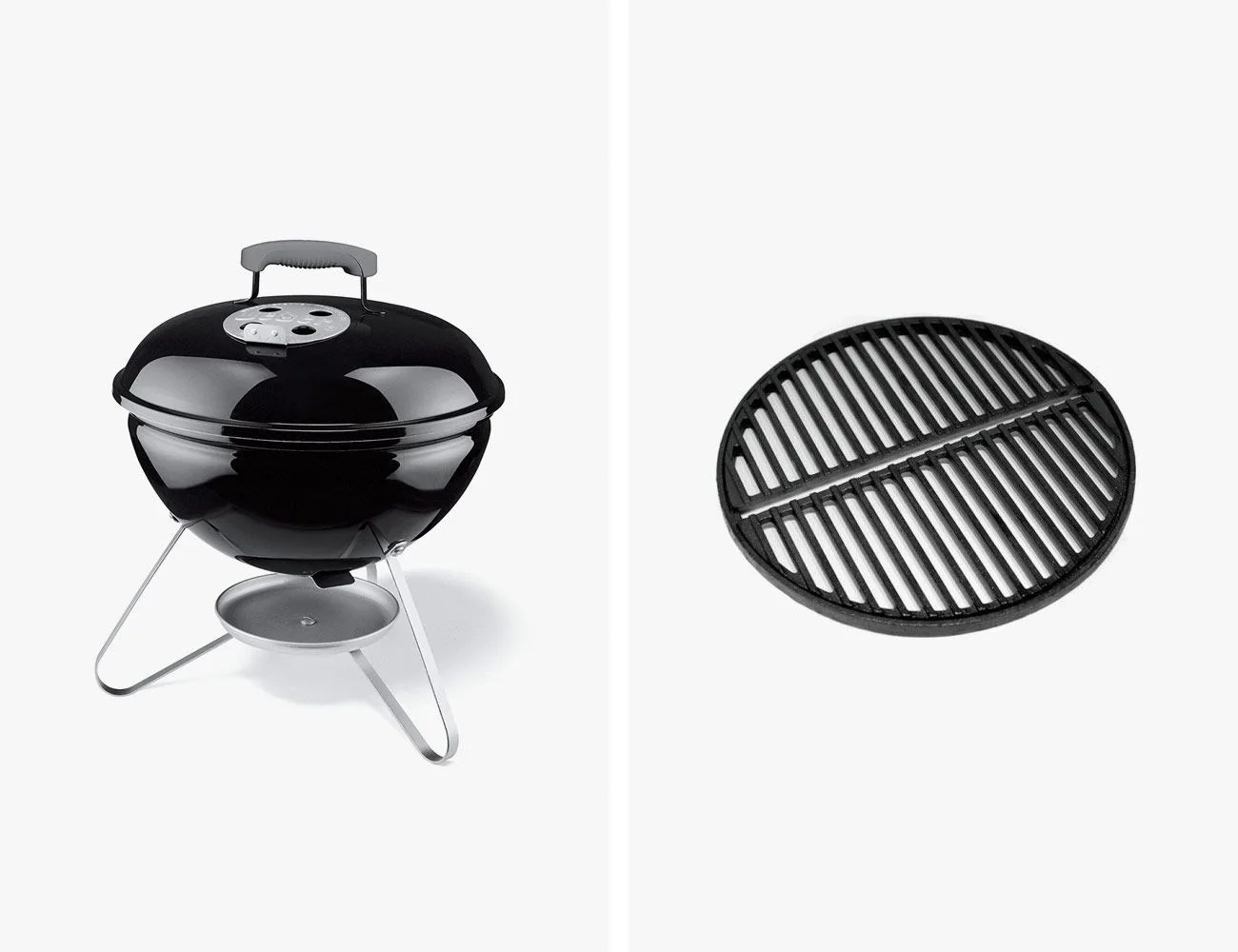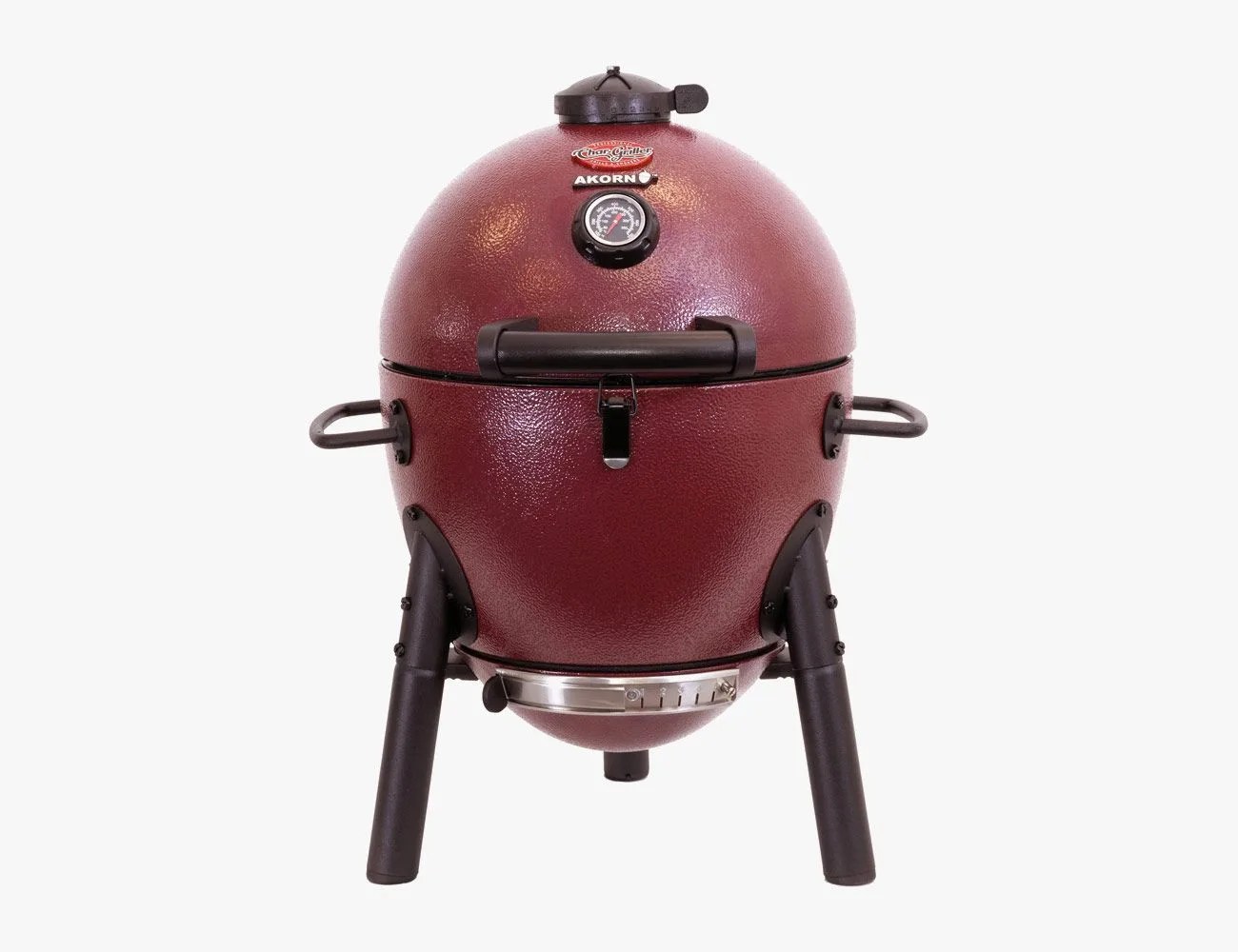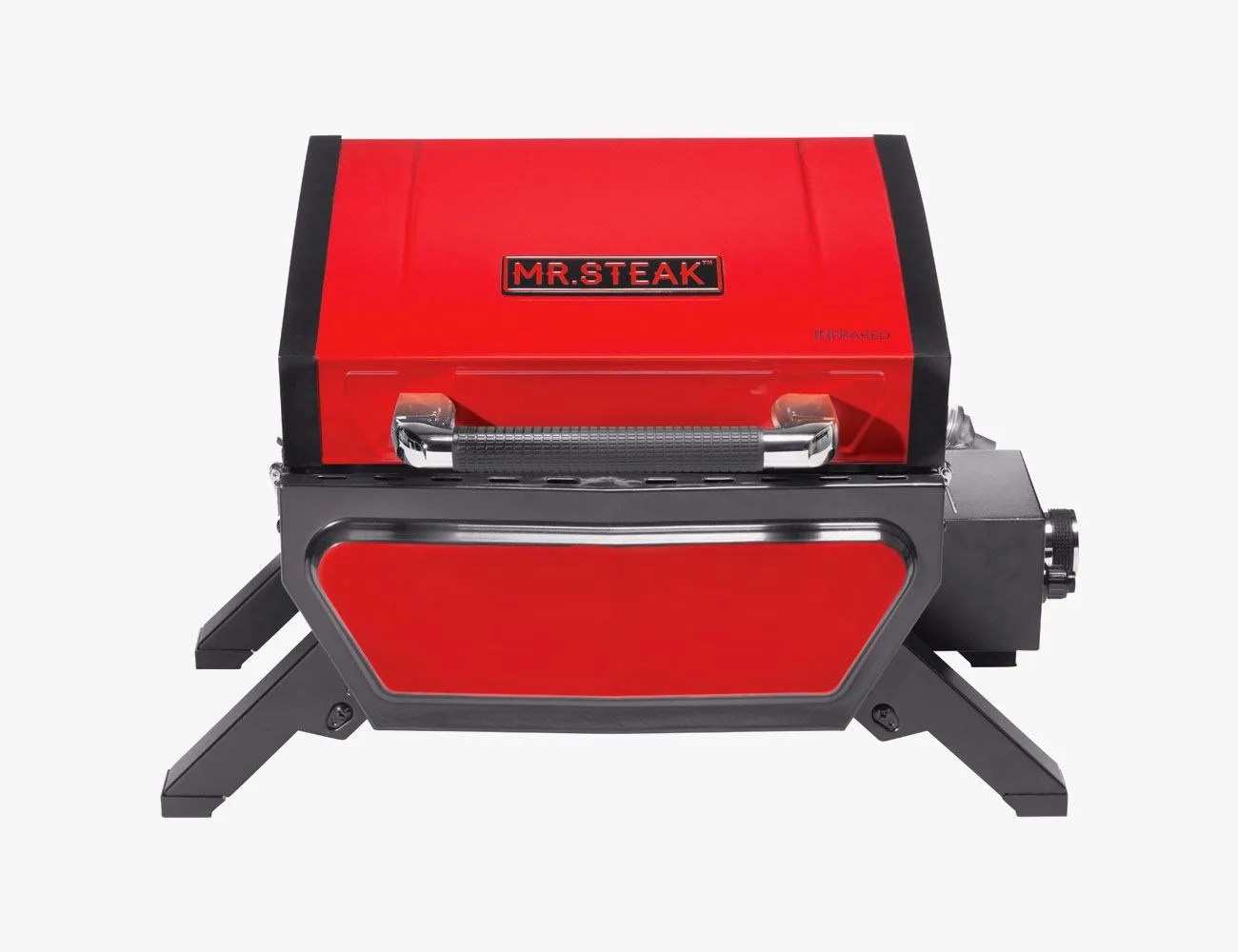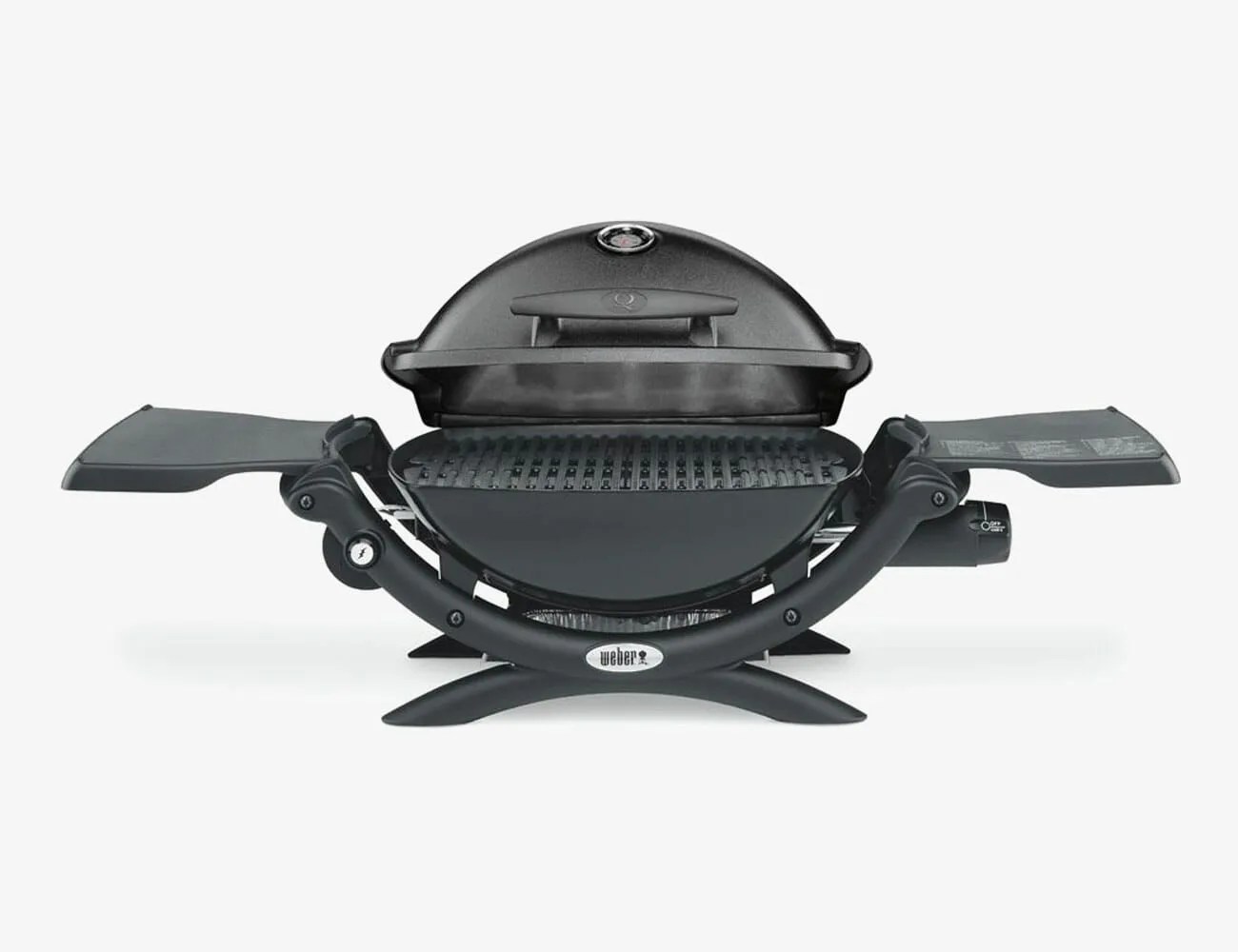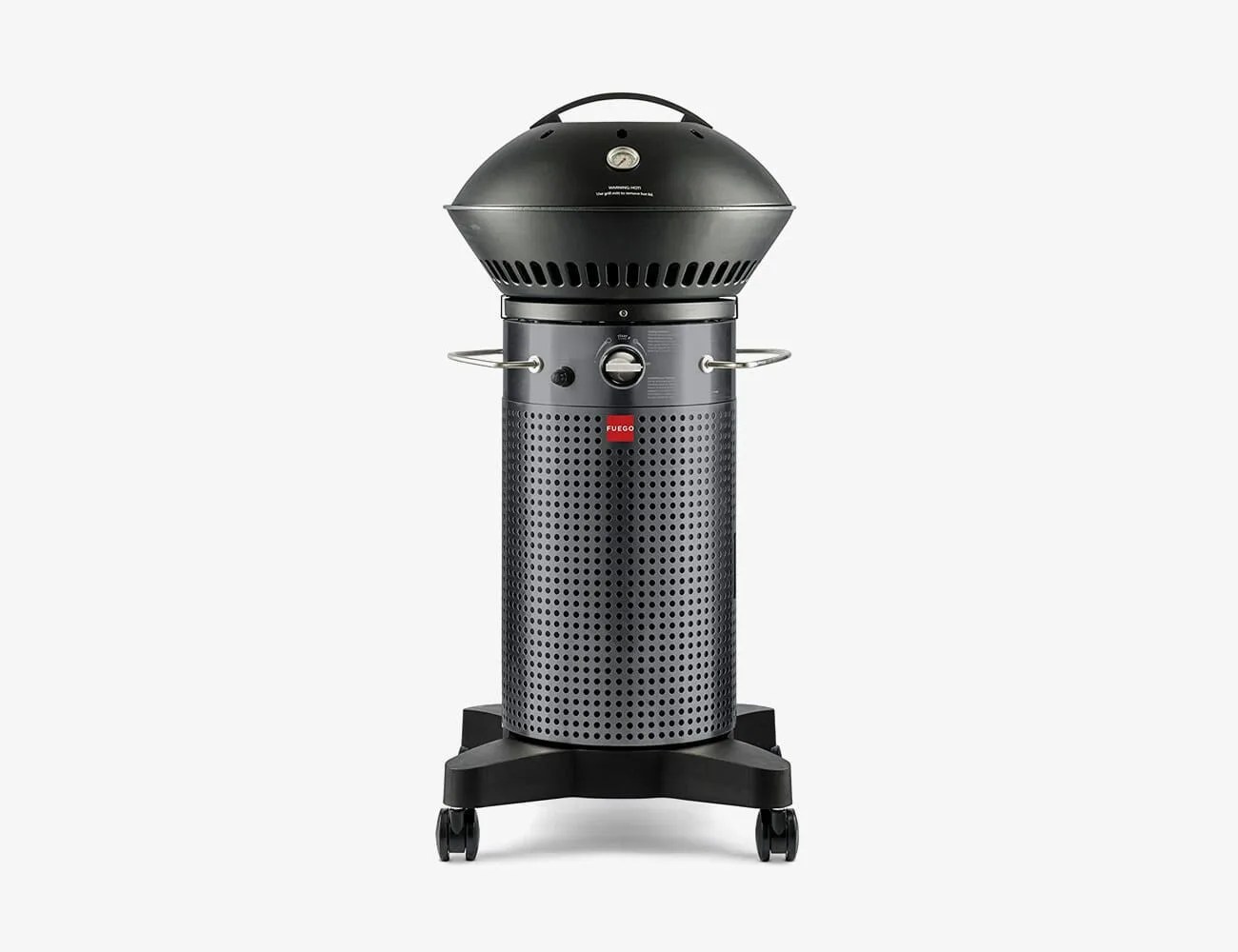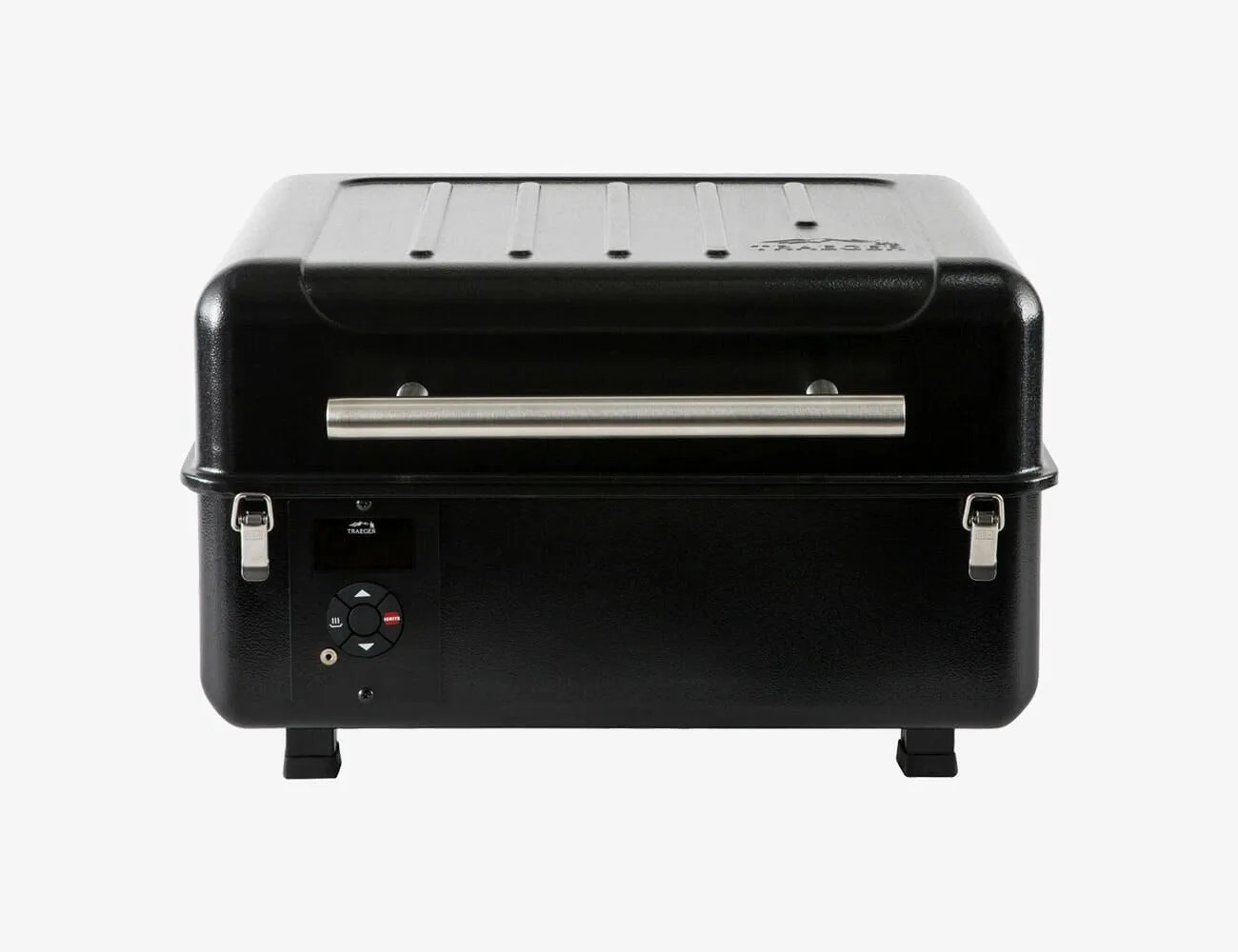This guide is for all the wayward souls who reject the constraints their little homes place on them. The cook determined to apply the hallowed black crisscrosses of outdoor cooking’s best appliance, despite butting heads with questions of federal, state and municipal law. The grillmaster operating in a grill-unfriendly space. There are products for you. Admittedly, the category of small-space grills is rich in quantity but rife with mediocrity. But cheap materials and lazy design are never acceptable, and these grills prove you don’t need a bunch of space to own a grill that gives a damn.
What to Know Before Buying
Consider what you’re cooking.
Do you want a grill to simply char meats and veggies? Do you want the ability to smoke? Or, more important — do you prioritize time-efficiency or fuel-efficiency? These are all questions you should strive to have answers to prior to making a buying decision, because most grills, especially of the mini variety, are more specialists than they are all-around appliances. For example, if you care about charring meat and doing it as fast as humanly possible in the tiniest space possible, an infrared burner grill might be a decent choice (or just a blowtorch, frankly). But if you want to get a fish just right, or smoke a rack of ribs, it’s not the best option.
Treat BTUs with a grain of salt.
Flaunting a grill’s BTU levels has become akin to blowing up thread count numbers with sheets — in other words, it’s generally horseshit. Advertised BTUs are a measurement of a grill’s peak heat output, which presents its own problems — are you always going to crank your grill to maximum power? How quickly are you going to burn fuel (if using propane) if you push it that high?
It’s generally agreed upon that 80–100 BTUs per square inch of cooking space is plenty for most grills (infrared may be lower due to differences in fuel and power efficiency). Significant numbers above this generally indicate excessive energy consumption, and perhaps the product’s marketing needs being more important than its functionality. Excessive BTU levels also might point to faults in other areas of the grill’s design, namely the fit of the lid and materials used. A grill with a shoddy lid that’s made out of cheap metal polymers will need higher heat output to keep its heat.
